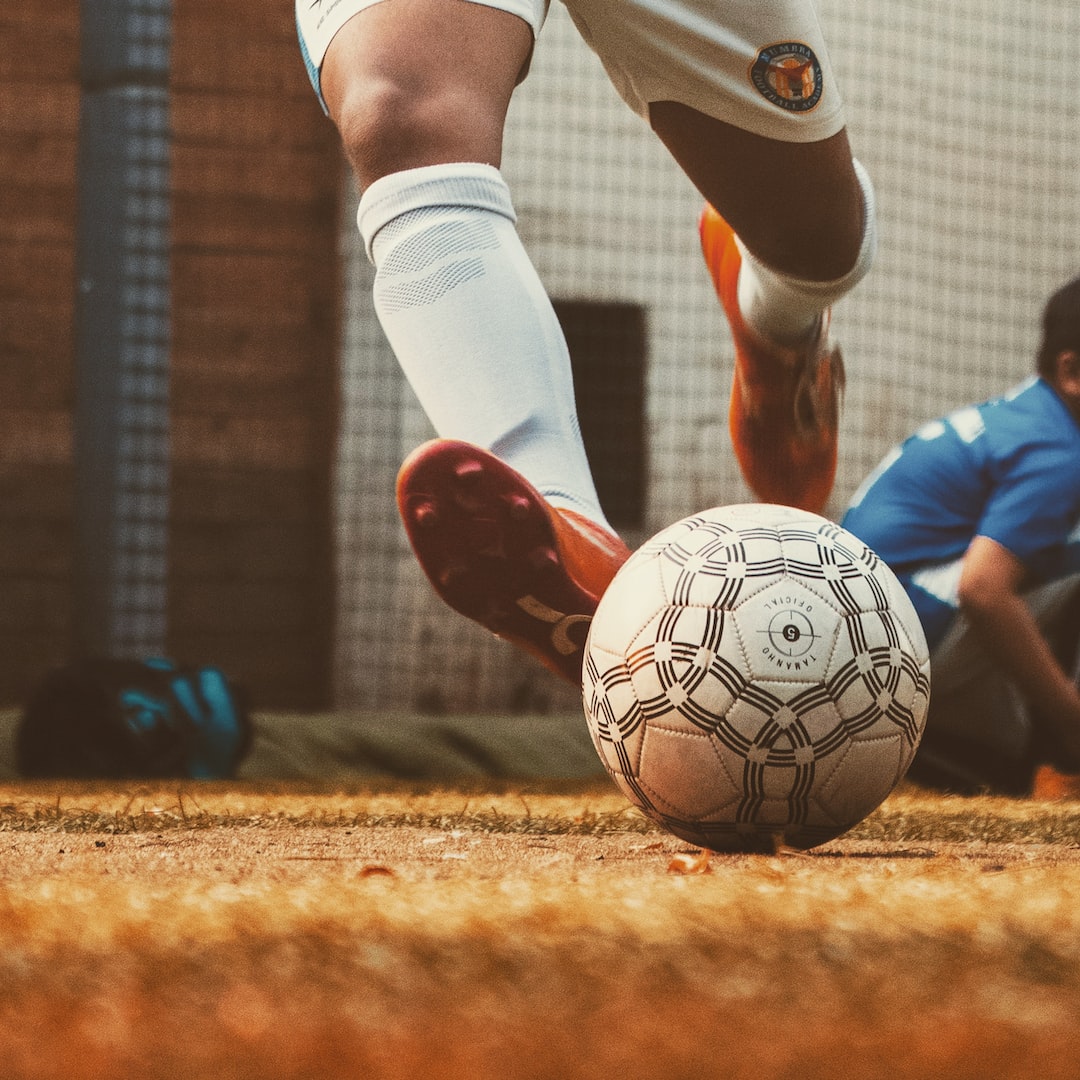An athlete’s performance depends not only on their physical abilities but also on their mental state. Coaches play a crucial role in shaping an athlete’s mindset, building their confidence, and helping them perform at their very best. The transformation of an athlete doesn’t just happen overnight, and a coach’s guidance and support are vital for achieving success in sports.
Firstly, a coach helps an athlete set realistic and achievable goals. Goals provide direction and purpose for an athlete and give them something to work towards. Coaches help athletes create a plan of action and an achievable timeline. They work together to establish milestones and strategies to achieve specific objectives, which helps the athlete to focus on the most critical areas.
Secondly, a coach helps an athlete improve their skills. While natural talent is necessary, skill development is crucial for transforming an athlete’s performance. Coaches provide specific techniques, drills, and strategies to help athletes improve in key areas. Through practice, athletes can hone their skills, become more consistent, and perform at their very best.
Thirdly, a coach plays a significant role in building an athlete’s confidence. Confidence is vital for an athlete’s success, and a coach’s support and encouragement can significantly impact their self-esteem. Coaches help athletes identify their strengths and build upon them, while also addressing any areas of weakness. Through positive reinforcement, athletes gain confidence in their abilities and learn to push themselves outside of their comfort zone.
Fourthly, a coach helps an athlete manage stress and pressure. Sports competitions can be intense and high pressure, which can take a toll on an athlete’s mental health. Coaches help athletes learn coping strategies and relaxation techniques to manage stress and nerves effectively. They teach athletes to focus on the present and let go of the past and future. By being mindful, athletes can stay calm and focused, even in the most stressful situations.
Lastly, a coach helps an athlete set good habits. Athletes need to have good habits of practice, rest, and nutrition to maintain optimal performance. Coaches teach athletes the importance of rest and recovery on bodies and minds. They help athletes establish healthy eating habits that provide fuel and energy for their demanding workout routines. Coaches also teach athletes the importance of consistent practice and how it impacts their performance over time.
In conclusion, a coach plays a pivotal role in transforming an athlete. They provide guidance and structure for setting goals, improving skills, building confidence, managing stress, and creating good habits. The relationship between coach and athlete is one of the most significant in sports, and it’s essential for coaches to provide effective motivation, positive reinforcement, and support to bring out the best in their athletes. The transformation of an athlete is a process that takes time and dedication, but with a skilled coach’s help, an athlete can reach their full potential and achieve greatness in their respective sport.

